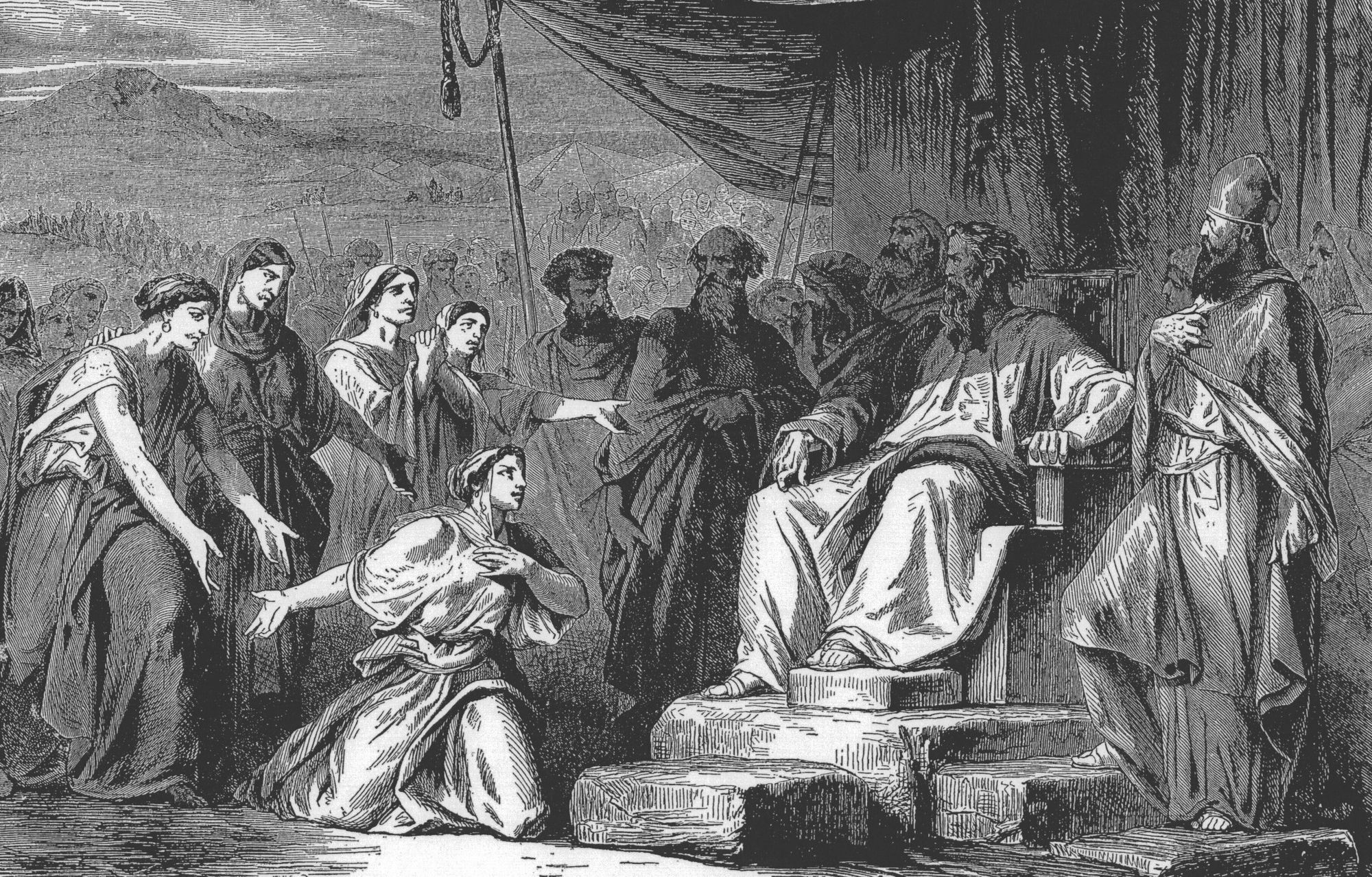Shabbat Gathering: The daughters of Zelophehad.

Dear Chevra, as is our custom, we will gather tonight at 5.45p ct to welcome Shabbat. These are the coordinates:
Zoom
Meeting ID: 963 5113 1550
Password: 1989
Phone: +1 312 626 6799
(To unsubscribe from the newsletter, click the link at the very bottom of this email.)
Here we go.
Mahlah, Noah, Hoglah, Milcah, and Tirzah. These are the daughters of Zelophehad from this week’s Torah portion. Zelophehad had no sons. In Torah, the names of the daughters are noted right away because they are important. Zelophehad had been a slave in Egypt who could trace his family tree back to Joseph. Zelophehad died in the desert with a large estate and no male heirs. Mahlah, Noah, Hoglah, Milcah, and Tirzah went directly to Moses and made their case that their father’s name should not die with him and that they should inherit his property. This is exactly what they said to Moses:
Let not our father’s name be lost to his clan just because he had no son! Give us a holding among our father’s kinsmen!
As their inheritance would overturn the law, Moses took their names and their words to G!d to let G!d decide the matter. And G!d decided in the daughters’ favor.
And that was that.
What the heck is primogeniture?
G!d change the rules of inheritance, primogeniture, the rule that an inheritance is passed down to the first born son or nearest male relative. Women’s rights were recognized. And it was about time.
Mahlah, Noah, Hoglah, Milcah, and Tirzah, all together, were looking for freedom from the prevailing patriarchy and primogeniture. According to Torah, primogeniture was consistently and reliably screwed up. The second born son, whether by hook or crook, was the one who inherited. Every. Single. Time. Primogeniture was a joke.
Mahlah, Noah, Hoglah, Milcah, and Tirzah went directly to Moses. And Moses went directly to G!d. Surely the daughters understood the risk. The Israelites had complained about the manna, and G!d killed them. The Israelites complained about wandering in the desert, and G!d killed them. The Israelites complained about Moses’ leadership, and G!d killed them. Miriam complained about Moses’ wife, and G!d gave her leprosy. And here, Zelophehad’s daughters complained about primogeniture. Did they think that G!d would side with them or that G!d might strike them dead? Did they think they were taking a chance with their very lives? I think they did. They were courageous because they must have realized terrible consequences were entirely possible.
Both solitude and unity.
Mahlah, Noah, Hoglah, Milcah, and Tirzah had to stand up for themselves. No man stood up for them or with them. No uncle. No cousin. No man was with them. No other women were with them either. No allies. The daughters were all by themselves. Just as we acknowledge the daughters’ courage, so we must notice the cowardice of the community that did not join them. And that’s a shonda, a shame, we all must shoulder.
The sisters were bold and brave. They showed no hesitation approaching Moses in the Tent of Meetings. For all we know, other than Miriam, the daughters were the only women who went to the Tent of Meetings. They stood at it’s entrance and spoke to Moses and the assembly.
We learn we have to stand up for ourselves and be bold. We learn we must question authority. I think we also learn that we must be good allies and stand up with others or suffer the shame of not supporting those we love or simply believe in.
According to Torah, none of the sisters stood out before another. One sister did not become the ringleader or spokesperson for the others. According to Torah, all the sisters were equally represented before Moses. All of them were willing to lay down their lives in pursuit of justice. Equally.
I’m reminded of a line from the Crosby, Stills, and Nash song Find the Cost of Freedom:
Find the cost of freedom
Buried in the ground
Mother Earth will swallow you
Lay your body down
Afterwards.
How did they feel when G!d sided with them? Were they relived that they were still alive? Did they feel victorious? Did they feel that they had won a victory for all the Israelite women? I don’t know because Torah doesn’t say.
According to my imagination (the engine of midrash), Mahlah, Noah, Hoglah, Milcah, and Tirzah felt especially blessed and praised G!d. Perhaps they went to mikva every year and made a special sacrifice at the Temple to commemorate this blessing. Perhaps they would raise their children with massive respect for G!d and G!d’s benevolence. Perhaps the Israelites showed them respect and deference for the rest of their lives.
And may it be for all of us a blessing.
See you tonight!
Gut Shabbes!
All my love,
brian.
PS
Miriam Anzovin on the daughters of Zelophehad:
-30-